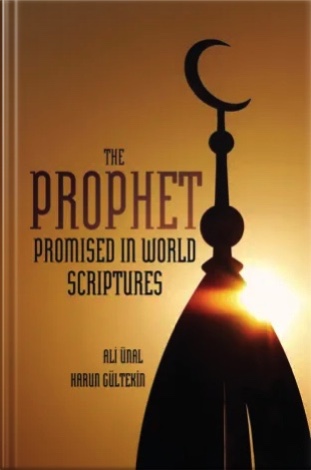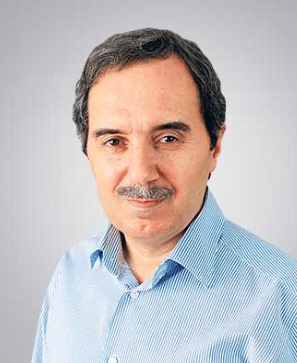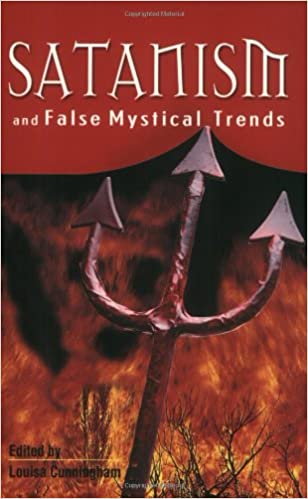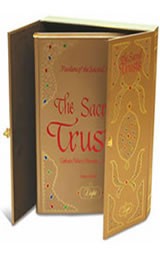This well-researched and comprehensive book by Ali Unal details the numerous prophecies about the advent of the Prophet Muhammad, peace and blessings be upon him, in various world scriptures.
For readers who are not familiar with the Islamic view of Prophethood, the book first explains the essentials of Prophethood and the characteristics of Prophets, outlines the Divine purpose for sending Prophets, and finally introduces Prophet Muhammad, peace and blessings be upon him.
The author starts his analysis of world scriptures under five broad headings, starting with the Old Testament. Here he first examines the books of major Prophets starting from Adam, Noah, and Abraham to Moses, David, and Solomon. He then conveys the glad tidings made by other Prophets such as Daniel, Jonah, and Zechariah, all proclaiming the arrival of Prophet Muhammad, peace and blessings be upon him.
He then examines the New Testament, the Zoroastrian, Buddhist, and Hindu Scriptures respectively, emphasizing the central notion that Prophet Muhammad is clearly and directly mentioned in all the World Scriptures as the final Prophet sent to humankind and the very person declared by all the Prophets from Adam to Jesus, peace be upon them all. This book will appeal to readers from all faiths and backgrounds who have an interest in major world religions and their sacred scriptures.

















Reviews
There are no reviews yet.